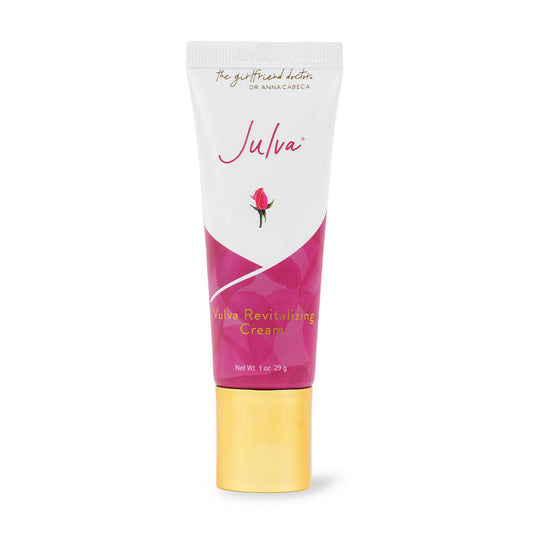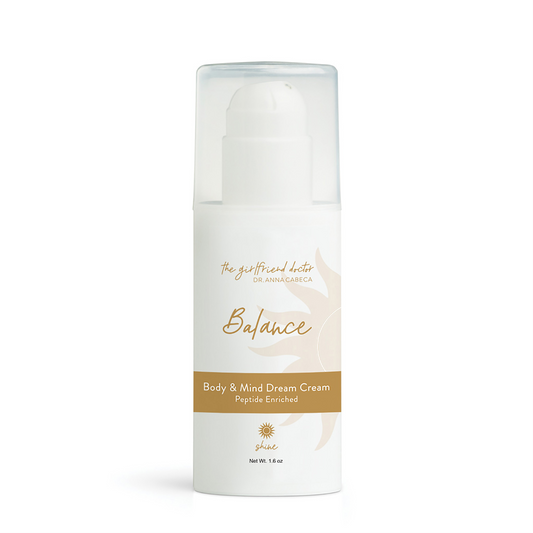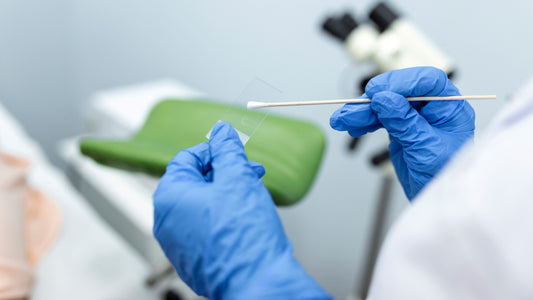This week, something extraordinary happened in women’s health.
The FDA and the Department of Health and Human Services (HHS) voted to remove the Black Box warning on estrogen therapy.
And honestly?
All I can say is — it’s about time.
Why this matters
For over two decades, that ominous “Black Box” — the FDA’s strongest warning — has scared countless women (and even their doctors) away from hormone therapy.
It was based on the early 2000s Women’s Health Initiative (WHI) trial — a study that, at first glance, seemed to suggest hormone therapy increased risks of heart disease and breast cancer.
But as many of us clinicians quickly realized, the data were deeply misunderstood and widely misreported. The women in the WHI were, on average, 63 years old — many more than a decade past menopause — and the therapy used was synthetic oral estrogen and progestin, not the bioidentical hormones I and so many integrative doctors have relied on safely for years.
Was the Black Box ever necessary?
I’ve been asked that question hundreds of times over the years.
My answer has always been simple:
It never was.
When the WHI data came out in 2002, I sat down — researcher’s eyes, clinician’s mind — and reviewed every table, every risk ratio, every confidence interval. Then I wrote a long letter to my patients explaining the real risk-benefit story.
Many of my patients chose to continue their hormone therapy — and I’ve had the privilege of caring for and optimizing their health ever since.
And do you know what I’ve seen?
Women thriving.
Stronger bones, better brains, calmer hearts, joyful intimacy, radiant skin — and, most of all, vitality.
The truth is: estrogen, used wisely, is one of the safest and most beneficial tools we have.
Especially when used topically or transdermally, and paired with bioidentical progesterone and, when needed, gentle DHEA support (like in Julva®).
We now have decades of follow-up data showing that hormone therapy — especially when personalized — can actually reduce mortality, protect against heart disease and dementia, and improve quality of life well into our later years.
Just last year, a major study in Menopause (2024) confirmed this again: women continuing hormone therapy beyond age 65 had lower risks of death, heart failure, stroke, and even certain cancers.
And for breast cancer survivors struggling with vaginal dryness, pain, and bladder symptoms, a new AJOG meta-analysis showed no increased risk of recurrence or mortality with local vaginal estrogen use.
The science is catching up with what many of us have seen in practice all along:
Hormone balance, when done right, heals.
It takes more than hormones to fix your hormones.
If you’ve followed me for a while, you know I say this often — because it’s true.
Food, movement, mindset, oxytocin, joy, connection — they all matter. Hormones are powerful, but they’re part of a much bigger picture.
That’s why I wrote The Hormone Fix. It’s not just a guide to balancing estrogen or progesterone — it’s about reclaiming your energy, your confidence, and your connection to the people you love.
If you haven’t read it yet, or if there’s a woman or man in your life who could use a little hormone hope, I encourage you to pick it up (and maybe grab an extra copy for someone you love).
👉 Get The Hormone Fix here
As we enter this holiday season…
I want you to know — I’m walking with you, hand in hand, bringing you the best information science and experience can offer, wrapped in the wisdom of a woman’s intuition.
You are not broken.
You are evolving.
And this new chapter in women’s health is proof that our voices, our vitality, and our truth matter.
With love, hope, and hormones 💓
Dr. Anna Cabeca
The Girlfriend Doctor
P.S. If you’re wondering whether hormone therapy might be right for you — or if you’ve been told you’re “too old” or “not a candidate” — take heart. The science has changed, and so has the story.
Remember, it takes more than hormones to fix your hormones, and that is the basis of so much that I teach, my programs, and my products.
References
- Yang S, et al. Use of Menopausal Hormone Therapy Beyond Age 65 Years. Menopause. 2024;31(5):XXX–XXX.
- The Menopause Society. Position Statement on Hormone Therapy after 65. 2022.
- Beste ME, Kaunitz AM, McKinney JA, Sanchez-Ramos L. Vaginal Estrogen Use in Breast Cancer Survivors: Systematic Review and Meta-analysis. AJOG. 2024.
- ACOG Committee Opinion No. 659. Treatment of GSM in Individuals With a History of Estrogen-Dependent Breast Cancer. 2021.
- Labrie F, et al. J Steroid Biochem Mol Biol. 2017; 2020.
- Mension E, et al. Safety of Prasterone in Breast Cancer Survivors. 2022.
- Hussain I, et al. Systematic Review of DHEA for GSM. 2023.
- Cabeca A. Using Julva® if You’ve Had Breast Cancer. DrAnna.com, 2024.
- Vaginal Estrogen After Breast Cancer: What the New Meta-analysis Really Says - Dr. Anna
- Cabeca A. DHEA for Vaginal Dryness, Pain & Pelvic Health. DrAnna.com, 2024.








